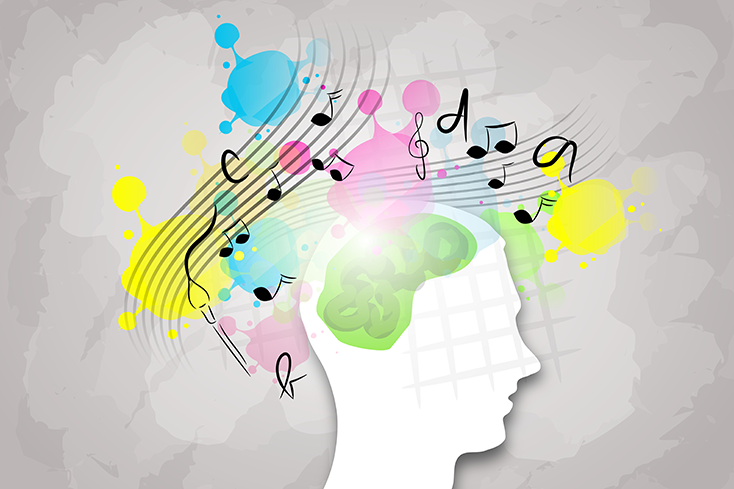- Empty cart.
- Continue Shopping
The Benefits of Music Therapy for Mental Health

In the realm of holistic approaches to mental health, music therapy has emerged as a powerful tool for healing and well-being. The profound impact of music on emotions and cognition has been recognized for centuries. We will explore the therapeutic potential of music and how it can be harnessed to promote mental health and emotional well-being.
Music Therapy: An Overview
Music therapy is a structured form of therapy that utilizes music to address various emotional, cognitive, and physical needs. It is administered by trained music therapists who use a combination of listening, creating, and performing music to achieve therapeutic goals.
1. Emotional Expression and Regulation
Music provides a safe and non-verbal outlet for expressing complex emotions. It allows individuals to convey feelings that may be difficult to put into words. Through music, individuals can process and release emotions, leading to a greater sense of emotional well-being and self-awareness.
2. Stress Reduction and Relaxation
Listening to calming music has been shown to reduce stress levels and promote relaxation. Music has the power to lower heart rate, blood pressure, and cortisol levels, creating a soothing effect on the body and mind. This is particularly beneficial for individuals dealing with anxiety or high levels of stress.
3. Enhanced Cognitive Function
Engaging with music stimulates various cognitive processes, including memory, attention, and problem-solving skills. Music therapy has been used to enhance cognitive function in individuals with conditions like Alzheimer’s disease and dementia. It can also improve focus and concentration in individuals with mental health disorders.
4. Improved Mood and Emotional Resilience
Music has the ability to elicit strong emotional responses. Listening to uplifting or personally meaningful music can boost mood and instill a sense of hope and positivity. This effect is especially valuable for individuals struggling with depression or mood disorders.
5. Social Connection and Communication
Group music-making activities promote social interaction and communication skills. Collaborative music-making fosters a sense of community and belonging, reducing feelings of isolation and loneliness. This is particularly relevant for individuals with conditions that may lead to social withdrawal.
6. Creative Self-Expression
Creating music, whether through singing, playing an instrument, or composing, allows individuals to express themselves in a unique and creative way. This process can be empowering and provide a sense of accomplishment and self-worth.
7. Pain Management
Music therapy has been shown to be effective in reducing pain perception and improving pain tolerance. It can serve as a complementary approach to pain management, particularly in medical settings.
Incorporating Music Therapy Into Your Routine
1. Listening Practice:
Set aside time to listen to music that resonates with your emotions and current state of mind. Pay attention to how it makes you feel and allow yourself to fully experience the music.
2. Active Participation:
Engage in creating music, whether through singing, playing an instrument, or even composing your own melodies. The act of actively participating in music-making can be incredibly therapeutic.
3. Seeking Professional Guidance:
Consider working with a trained music therapist who can tailor sessions to your specific needs and goals.
Conclusion: A Symphony of Healing
Music therapy offers a unique and effective approach to promoting mental health and emotional well-being. Whether through listening, creating, or performing, the power of music can have a profound impact on our emotions, cognition, and overall sense of well-being. By embracing music as a therapeutic tool, we open ourselves to a world of healing and self-discovery.








